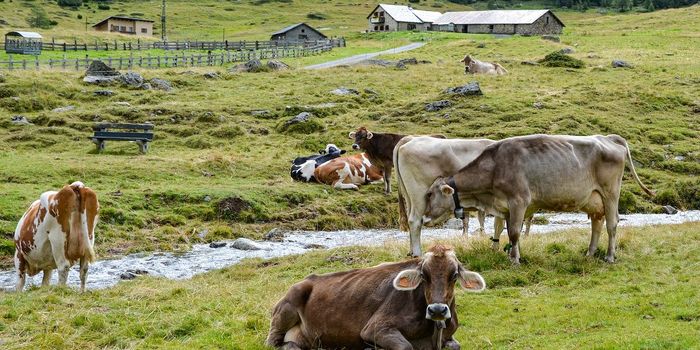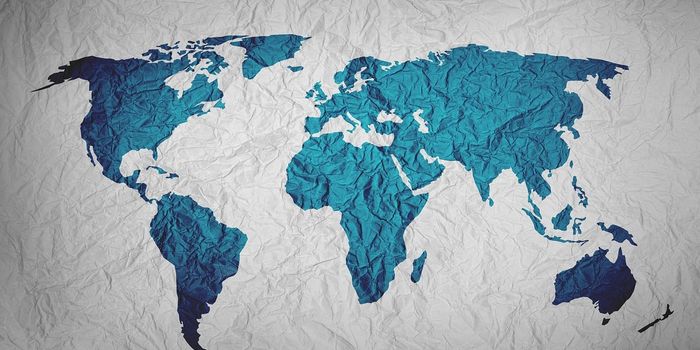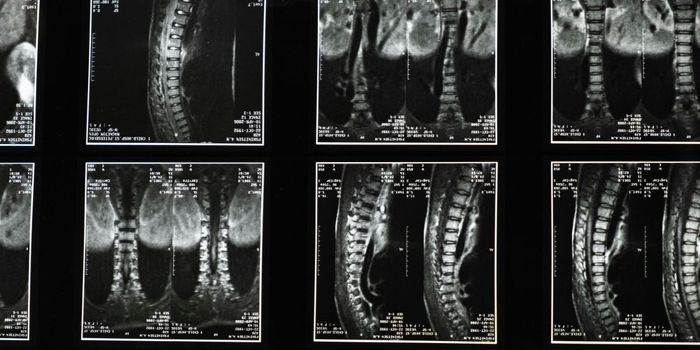Ancient hominins shared DNA with humans to help fight infection
It’s been well-documented that modern humans mated with ancient hominins, like Neandertals, due to the presence of Neandertal genes in the human genome. This is also seen in modern Papuans, who have a shared genetic history with the Denisovans—a mysterious hominin group who lived in Asia about 200,000 years ago to whom they owe 5% of their genome.
A question that remains, however, is why some genes persist in the human genome. In other words, what is the evolutionary benefit of some Denisovan genes within the modern genome of those from Papua New Guinea?
In a new study led by Davide M. Vespasiani from the University of Melbourne researchers used genetic data from 56 individuals from Papua New Guinea that was previously analyzed as part of the Indonesia Genome Diversity Project. Results from the study found that Papuans had an unusually high number of genetic variants (82,000 single nucleotide polymorphisms!) that arise from Denisovans.
The next step was to identify which functions these genes linked to, and scientists discovered that the variants were located near genes known to impact human immune response to pathogens like the flu. They further found that eight of the Denisovan genetic variants that are associated with protein expression were produced by two genes in particular, and that these are lines of B cells, a white blood cell that makes immune antibodies. Some of the Denisovan genetic variants that were found in the Papuan cell lines lowered the production of proteins that help to reduce inflammation when there is an infection.
This means that Denisovan DNA affects immune cells, and the immune-related processes that could have an evolutionary significance. These genetic variances can help explain how genetic expression aids in understanding admixture between different populations of humans and hominins. More importantly, however, results from this study explain how the Denisovan genetic variants are being used to help Papuans optimize their environment.
When humans first migrated to the islands of the South Pacific (part of which is now Papua New Guinea), they were exposed to a host of new environmental conditions, including new diseases and infections. There is a particularly high load of infectious diseases in tropical regions, so there is a delicate balance between wanting to fight infection and not going overboard with an immune response. As such, researchers suspect that this inflammatory response from the B cell line may have struck this balance and could have helped Papuans fight new infections when they first arrived in the region.
These results highlight the evolutionary advantages of introgression—Denisovans would have been long-adapted to this region, and therefore capable of fighting infections, meaning that mating with them would have provided humans with a much faster way to adapt to the new environment.
There is much more to explore here, including how other populations of modern humans may have picked up important genetic variants in other areas of the world. Regardless, these results shed light on the importance of the mysterious Denisovans in human evolutionary history.
Sources: Labroots, Science (2011), Science (2022), PLOS Genetics









